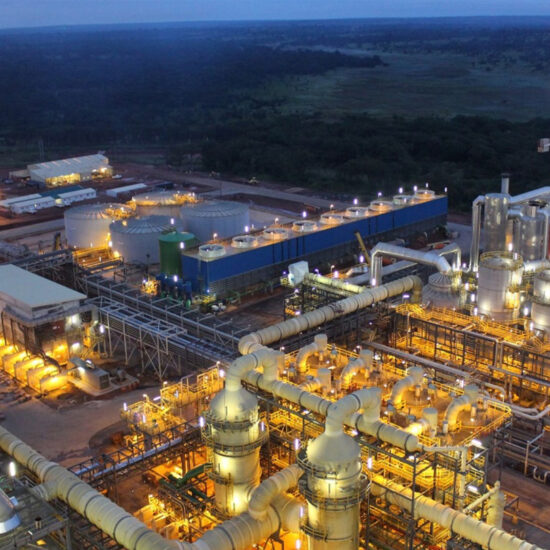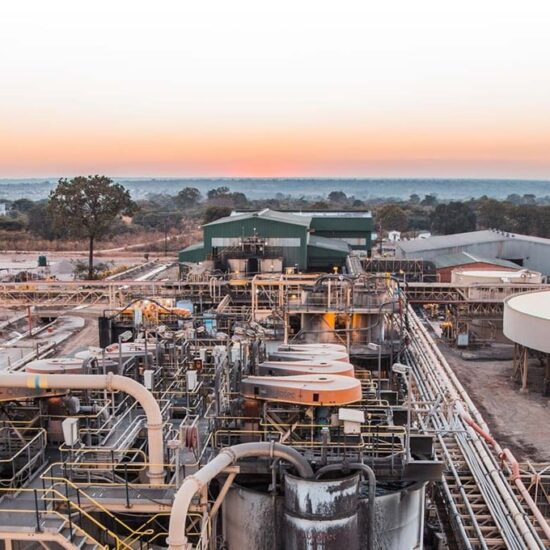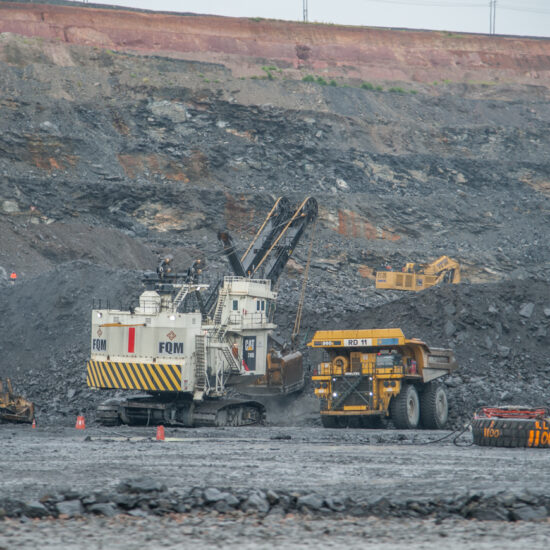
The Zambia Chamber of Mines – ZCM has disclosed exclusively to the Zambian Business Times – ZBT that the mining industry prefers the Value Added Tax – VAT system as opposed to the proposed Goods and Services Tax – GST also referred to as simply sales tax, stating that the copper mines through ZCM have collectively proposed measures to shore up VAT revenues for the government.
Speaking to ZBT following the chambers announcement on the projected drop of Zambia’s copper production by 100, 000 tonnes in 2019, Chief Executive Officer Sokwani Chilembo stated that the mines have proposed to reduce the limit of VAT claims on fuel and electricity to 90%.
When asked by ZBT if the mining industry is ready for sales tax in 2019, Chilembo stated that “ No, the mining industry prefers to remain with Value Added Tax – VAT to Sales Tax, we have made proposals on how we can help to shore up VAT regime, the mines have proposed to limit the claim-ability of VAT on fuel and electricity to 90%”.
He stated further that “ this 90% claim-ability is a reasonable amount and if it’s reduced too far, it’s going to escalate the production costs for the mines with the effect resulting in reduced production and eventually reduce the intended tax revenues”.
When further pressed to confirm some allegations that the timing of chambers statement that the drop of 100,000 tones of copper production is meant to influence the 2020 national budget which is due to be announced in the next few week, Chilembo stated that the statement is meant to get government to consider the facts as the situation is very dire, and that we have seen how production is dropping and if we don’t make changes, these figures [of reduced copper production] will continue to slide next year and we will see more mines and smelters going into care and maintenance.
The ZCM CEO further stated that “we are now at a point where we have to do something to stop the industry from further decline and distress”.
On attributing the projected drop of 100,000 tones of Zambia annual copper production to the take over and liquidation of KCM, Chilembo admitted that KCM has operational challenges of its smelter but he was quick to mention that the chamber speaks about issues across the mining sector issues and that business stress is one of the realities.
The Chamber of Mines told ZBT that if sales tax is effected, it’s going to wipe out a substantial amount of jobs in the mines supply sector (mine suppliers). Sales tax if implemented is estimated to escalates costs in the mining industry by about 35 to 40%. The implications is that mines will stop buying locally and buy directly from multinational suppliers, cutting off the local offices, jobs will eventually at risk.
A further check by ZBT on Zambia largest mining company, First Quantum Minerals – FQM shows that its Zambian mine, Kalumbila Sentinel Q2 2019 copper production was comparable with Q2 2018 producing 54,977 tonnes of copper while its solwezi based Kansanshi copper mine production was reported to have been impacted by the lower grades in the oxide ore circuit and lower recoveries in the oxide and mixed ore circuits slightly offset by higher throughput in all circuits. Kansanshi Copper production totaled 58,634 tonnes for Q2.
The Zambian fiscal authorities have proposed to implement sales tax in 2020, after its implementation was postponed three times in 2019. The 2020 national budget due for announcement in last week of September or first week of October 2019 is expected to shade more light on weather this law will be implemented or shelved. VAT refunds have been reported to be a heavy drain on the treasury and this regulation is meant to plug that hole boost domestic resource mobilization to finance the ambitious infrastructure projects that the government has embarked on.
However, experts have called for a measured approach to ensure that the sales tax measures do not result in disruption of the copper mining industry which accounts for over 70% of the country export earnings and forex inflows.







